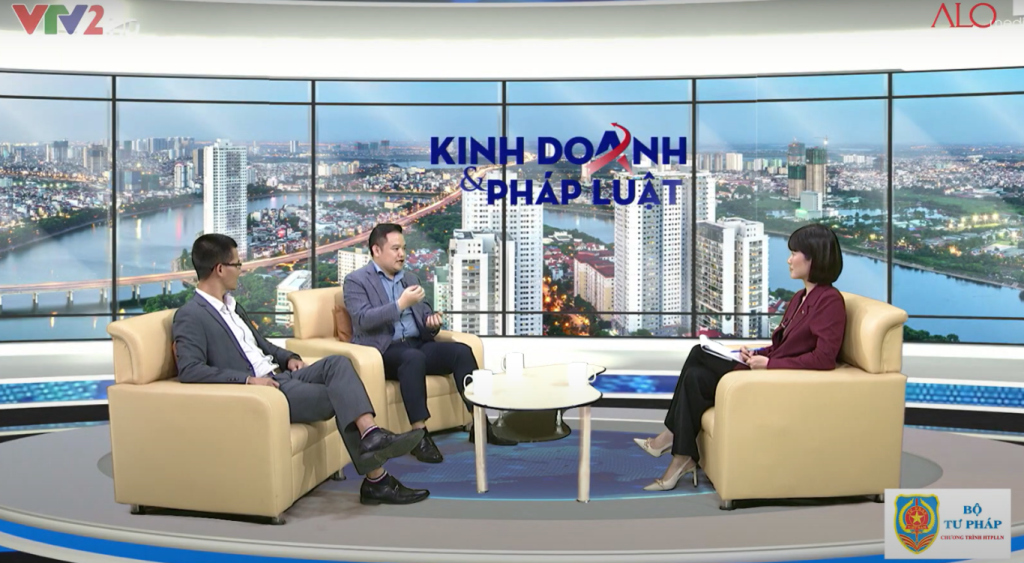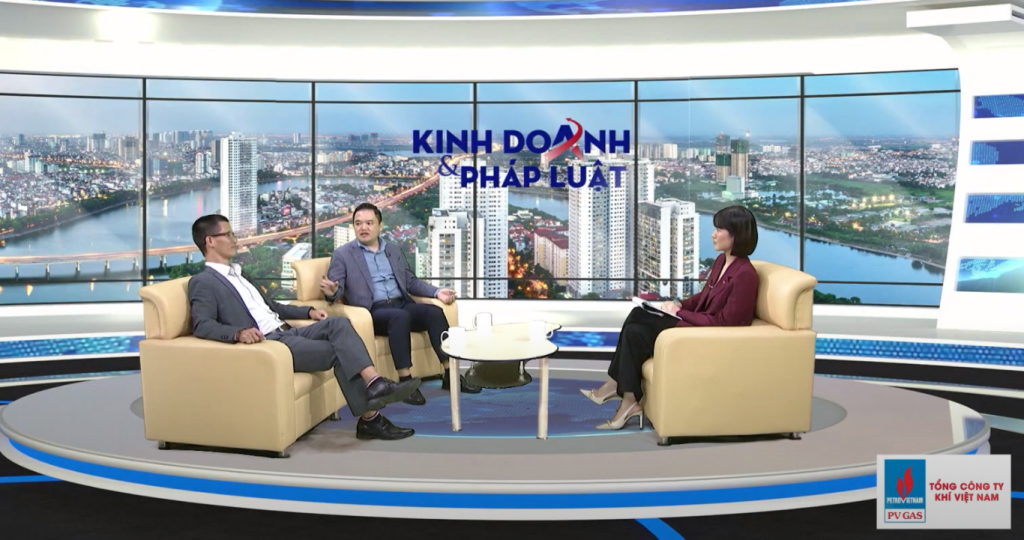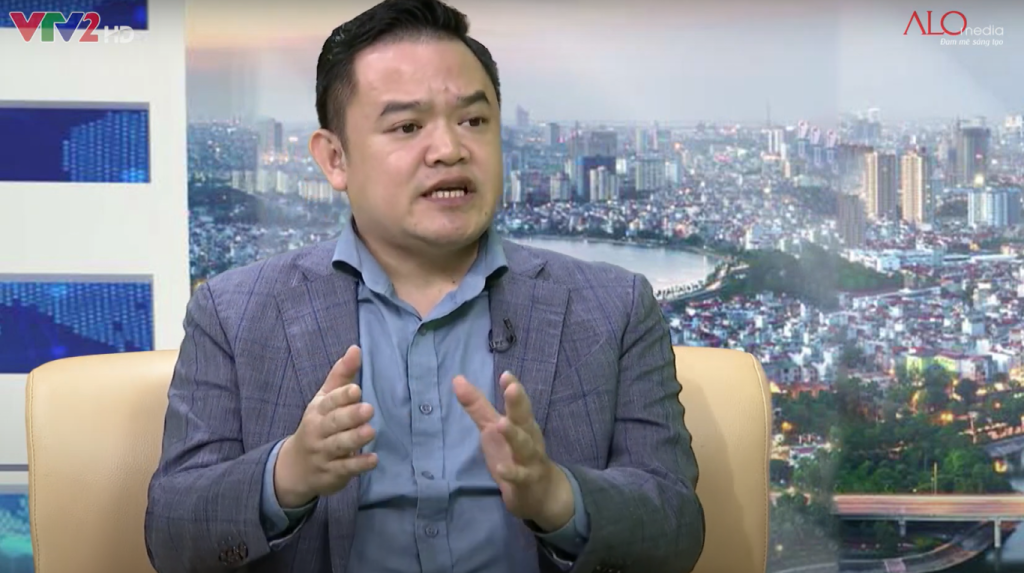Franchising in Vietnam is becoming more and more popular, typically in the restaurant industry with many outstanding examples such as Highlands coffee, Mixue ice cream & milk tea, McDonalds’ fast food restaurant chain, etc. in many provinces in Vietnam. In the following article, ASL LAW will analyze the nature of franchising activities in Vietnam in the field of restaurants through two hypothetical situations of VTV.
Notes to pay attention to when making and signing a franchise contract in Vietnam

In the above hypothetical situation about the dispute over the franchise contract between Ms. H and company N because one of the two parties did not fully perform the obligations stated in the contract, Lawyer Pham Duy Khuong – Managing Director of ASL LAW Firm has pointed out that the issue of the franchisee being forced to use the mandatory source of raw materials at the request of the franchisor is an issue that needs special attention in every franchise contract.
Because in fact, each franchisor has very high requirements for the quality control of the franchisees’ products, so as not to affect the image of the franchise chain, national-scale or international-scale.


If it is discovered that there is an act of changing compulsory materials in the contract, affecting the image and quality of the product, the franchisor will definitely take action to deal with the breach of the contract, typically what Company N in the example applied to Ms. H because she voluntarily not using coffee ingredients provided by company N.
Importance of intellectual property rights to trademarks in franchising contracts in Vietnam


In the second hypothetical situation about the intellectual property rights dispute for the Pho T trademark between Mr. B and Mr. H, Lawyer Khuong said that the nature of this dispute is very special because both Mr. B and Mr. H has no rights to the disputed Pho T trademark.
The rights to the Pho T trademark belonged to Mr. A when he registered it in 2003 and was granted a certificate in 2005, and when the trademark expired in 2013, Mr. A continued to apply for a trademark registration in 2014, granted a certificate and thereby, this trademark will be valid until the end of 2024 before needing to be renewed.
Accordingly, the dispute over whether Mr. H has the trademark rights to the Pho T trademark to carry out the franchising transactions according to Mr. B’s argument is completely meaningless because this right does not belong to both sides of the dispute.
Commenting on this issue, Lawyer Khuong said that in the franchising contract in Vietnam, the terms of intellectual property rights are still in the ‘optional’ state. This means that if there is information about trademark rights, intellectual property rights, it can be included in the contract, but if you do not want to do it, it is not necessary.
The parties can make additional submissions later or if not, it is not a problem. Every year, stakeholders only need to submit a basic report to the competent authorities without any detailed explanation or close supervision, presenting an alarming loophole in the law on commercial of Vietnam.
However, in many developed and developing countries around the world, intellectual property and trademark clauses are mandatory in every franchise contract because they are regulated by law.

Lawyer Khuong said: “In many countries, when it comes to franchising, it is necessary to talk about trademarks and intellectual property, while in Vietnam, this is still not focused and regulated by law.”
In addition, when signing a franchise contract, the parties should have a clear awareness that the franchisor is always the stronger party and the franchisee is always the weaker one. However, this does not mean that the franchisee is required to sign all terms that the franchisor offers. They still retain the most basic negotiating rights and through that, can negotiate and should express their opinions in this cooperation.
For example, if the contract clause does not detail whether the use of coffee ingredients provided by the franchisor is required, it may be requested to specify this clause in the contract. Or, if the material requirement is too strict, not suitable for the franchisee’s flexibility, circumstances, local market supply, affecting their revenue and profit, the franchisee can and should request negotiation and relaxation of this regulation.
If the two parties cannot agree on mutually beneficial terms, it is best to stop signing the contract to avoid complications instead of resolving disputes that are almost certain to arise later.
In addition, in the practice of handling franchise contract disputes in Vietnam, Lawyer Khuong also raised an important point to pay attention to when franchising in Vietnam, the issue of monopoly in certain territories. This is a direct lesson from the fact that the ice cream and milk tea brand Mixue conducted a series of franchises in the territory of Vietnam.

In this regard, in the program Business and Law: Franchise Agreements in the field of restaurants, Lawyer Khuong said that considering the current status of franchising activities in Vietnam, the parties should pay special attention to the content of the terms, even each word in the contract because it can have different meanings.
For example, in a franchise contract, there may be a clause ‘exclusively within 1km’, but it could be a term that is intentionally confusing for the franchisee as the franchisor may interpret this provision as within a 1km radius of the premises, absolutely no other franchisee may compete them. Thereby, anti-competitive behavior affects the revenue and interests of both franchisees.
However, there have been many conflicting cases where the franchisor explained that this clause means that on the road established by the Vietnamese government, the franchisee store will have no other similar stores of the same system. That is, a consumer must travel at least 1km on the road to get to the next franchisee store.
Both interpretations can cause damage to different franchisees, depending on the geographical location, the circumstances surrounding the establishment. In Vietnam, because the planning of streets and real estate is still complicated, it is not uncommon for the streets to be almost parallel, but it is not possible to go to that location easily on the set path.
However, both stores can clearly see each other and thereby lead to stiff competition to entice customers while franchisees are often very tightly limited in terms of building business ideas, independent marketing.

Accordingly, Lawyer Pham Duy Khuong recommends that before signing a franchise contract, or any other type of contract, the signatory should carefully read the terms of the contract and grasp the meaning of the terms and be especially careful about ambiguous terms which can greatly disadvantage the franchisee after many years of operation, costing both time and money.
To anticipate, face and deal with these risks, it is best for the signatories to contact a reputable law firm specializing in the field of contract drafting and contract review to receive timely advice and support.
See the detailed interview with Lawyer Pham Duy Khuong in the program “Business and Law” with the topic: Franchise contract in the field of restaurant of VTV here.
ASL LAW is the top tier Franchise law firm in Vietnam. If you need any advice, please contact us for further information or collaboration.

 Tiếng Việt
Tiếng Việt 中文 (中国)
中文 (中国) 日本語
日本語
